
FAQ: Life After Liver Transplant
06 Jun, 2022
 Healthtrip Team
Healthtrip TeamOverview
Those who have received a liver transplant have many questions and worries about their long-term health, quality of life, longevity, potential complications, and social and economic challenges. Aside from the overall physical state, numerous psychological aspects appear to influence the quality of life. We've answered all of your questions about life after liver transplantation, including dos and don'ts. Continue reading to find out more!
Transform Your Beauty, Boost Your Confidence
Find the right cosmetic procedure for your needs.

We specialize in a wide range of cosmetic procedures

What lifestyle modifications are required following a liver transplant?
After a successful transplant, it is possible to live a healthy and active life without sacrificing quality. Certain changes, however, are essential to living a healthy life after a liver transplant.
Maintaining a healthy body weight-overweight or obesity is connected with high blood pressure, diabetes, and cholesterol, all of which can reduce survival following transplantation.
Take your medications on time-After your liver transplant, you'll be on a number of medications, some of which you'll need to take for the rest of your life. Do not miss even one dosage. While traveling, make sure you have enough medicine for a period of time.
Use rehabilitation services if necessary- If you want to return to work, your social worker may be able to help.
Immunosuppressive medications can prevent your immune system from attacking your new liver. Other drugs can help you avoid health problems after the transplant.
Most popular procedures in India
Atrial septal defect
Upto 80% off
90% Rated
Satisfactory
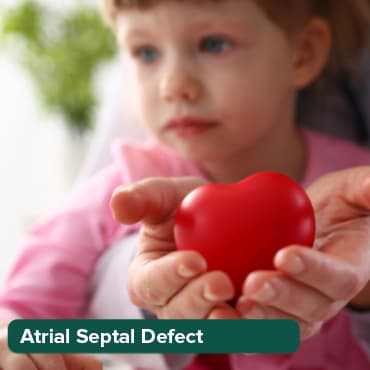
Coronary Angiogram a
Upto 80% off
90% Rated
Satisfactory
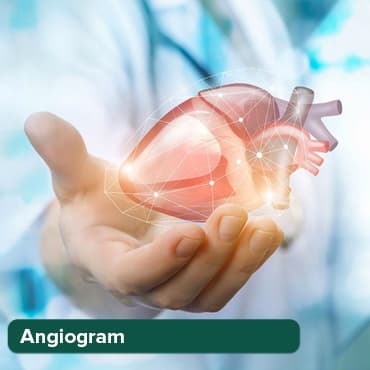
Coronary Angiogram C
Upto 80% off
90% Rated
Satisfactory
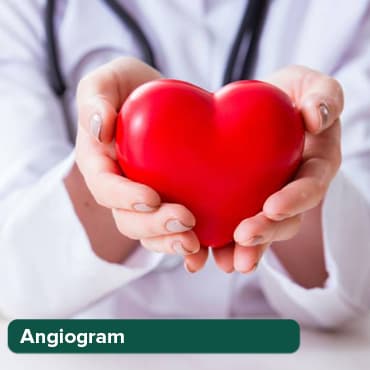
Liver Transplant
Upto 80% off
90% Rated
Satisfactory
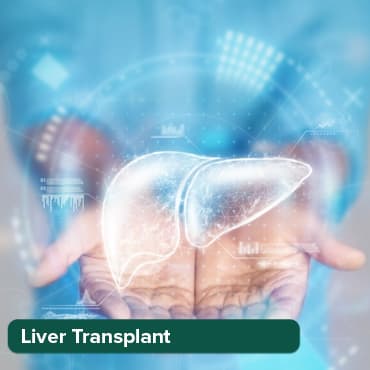
Total Hip Replacemen
Upto 80% off
90% Rated
Satisfactory
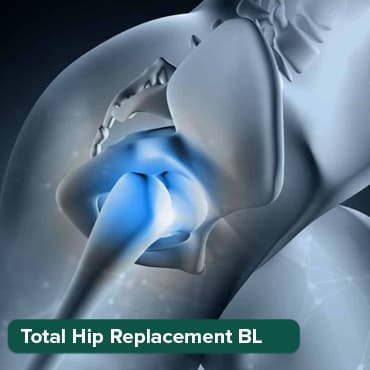
Dietary changes- maintain a well-balanced, healthful diet following surgery. Our dietitian will help you create a diet plan. Reduce your intake of salt, sugar, fatty meals, and cholesterol.
Follow a specialized fitness regimen- After your transplant, you should walk as much as possible. Depending on how well you're doing, you can gradually incorporate more physical activity into your daily routine.
However, before starting or changing your post-transplant exercise routine, talk with your transplant doctor.
Joining a support group and interacting with others who have had similar experiences might help you manage.
Will my liver disease return after the transplant?
Certain liver disorders can resurface in a fresh liver. Hepatitis C is one such example. The transplant team can provide you with information on the likelihood of recurrence of various liver disorders. When there is a possibility of a recurrence, the transplant team will actively monitor you to help prevent a recurrence.
Will I have to take any medicines following my liver transplant?
Following a liver transplant, patients must take numerous medications, some to avoid rejection (immunosuppressants), others to fight infection, and still, others to address the side effects of the immunosuppressants.
Patients who return home following transplantation will be taking 7 to 10 different medications. As the patient heals and regains health with the assistance of their new liver, the dosages and number of medications are gradually lowered.
By six months, most people are down to one or two drugs. In almost all situations, patients will be required to take immunosuppressive drugs for the remainder of their lives.
These medications must be taken exactly as prescribed, in the correct dosages, and at the correct times. Missing medication doses or stopping them may have their own consequences.
Will there be any side effects from these medications?
Many drugs have unwanted side effects. Raised blood pressure, mood changes, hair loss or growth, elevated blood sugar, bone and muscular weakness, kidney malfunction, nausea, vomiting, diarrhea, and headache are all common side effects of post-transplant drugs. Most patients will experience side effects at first, but they will usually fade when dosages are reduced.
How can we help with the treatment?
If you are in search of a liver transplant in India, we will serve as your guide throughout your treatment and will be physically present with you even before your treatment begins. The following will be provided to you:
- Opinions of expert physicians and surgeons
- Transparent communication
- Coordinated care
- Prior appointment with specialists
- Assistance with hospital formalities
- 24*7 availability
- Arrangements for travel
- Assistance for accommodation and healthy recovery
- Assistance in emergencies
We are dedicated to offering the highest quality health care to our patients. We have a team of highly qualified and devoted health professionals that will be by your side from the beginning of your journey.

